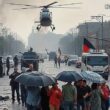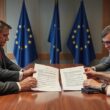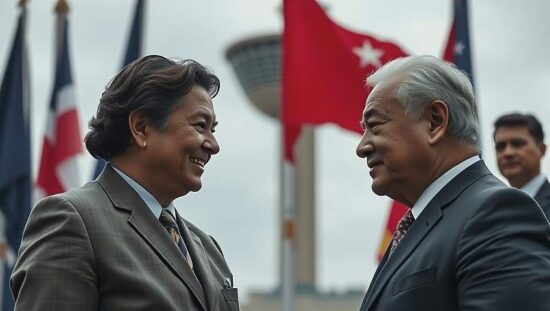The escalating global arms race, particularly concerning nuclear capabilities, has drawn a surprising degree of understanding from a key German conservative politician regarding US President Donald Trump’s announcement to resume nuclear weapons testing. Jürgen Hardt, the foreign policy spokesman for the CDU/CSU parliamentary group (the largest opposition bloc in the German Bundestag), defended Trump’s move, framing it as a potential corrective measure rather than an act of aggression.
Hardt expressed deep concern over the observed increase in the number of nuclear missiles worldwide, but swiftly redirected blame away from the United States. He emphasized that it was Russian President Vladimir Putin who initiated the current cycle of renewed military buildup. Specifically, Hardt cited Russia’s deployment of intermediate-range nuclear missiles in Europe, a clear violation of existing international agreements, as a prime motivator. He also pointed to China’s aggressive and extensive military modernization program as contributing to the perilous situation.
“The key to de-escalation lies in Moscow and Beijing, not in Washington” Hardt stated in interviews with RTL and n-tv. This perspective challenges the traditionally held German stance which often critiques US foreign policy, even when it involves sensitive areas like nuclear arms. Hardt’s remarks implicitly suggest that Germany and Europe should focus their diplomatic pressure on Russia and China to curb their respective armament programs.
Furthermore, Hardt underscored the perceived vital importance of the US nuclear deterrent – the so-called “nuclear umbrella” – for Germany and Western Europe’s security. Consequently, he argued against criticizing Trump’s plans to modernize the US nuclear arsenal, even if it entails testing. This position reflects a notable shift in the conservative German response to US nuclear policy, showcasing an acceptance – if not outright endorsement – of actions designed to maintain what are viewed as essential security guarantees in a volatile international environment. Critics are likely to scrutinize this stance, questioning the wisdom of condoning nuclear testing and potentially legitimizing an arms race that undermines decades of non-proliferation efforts.





